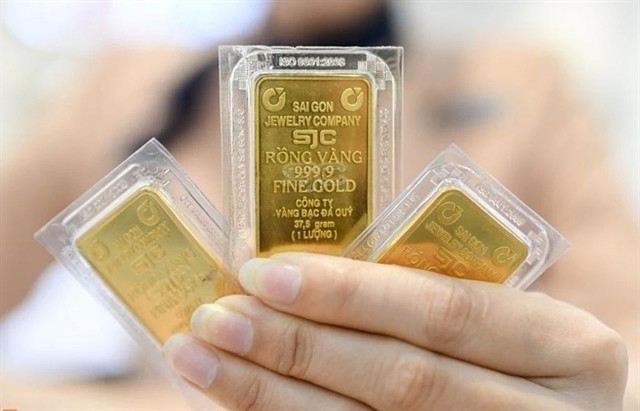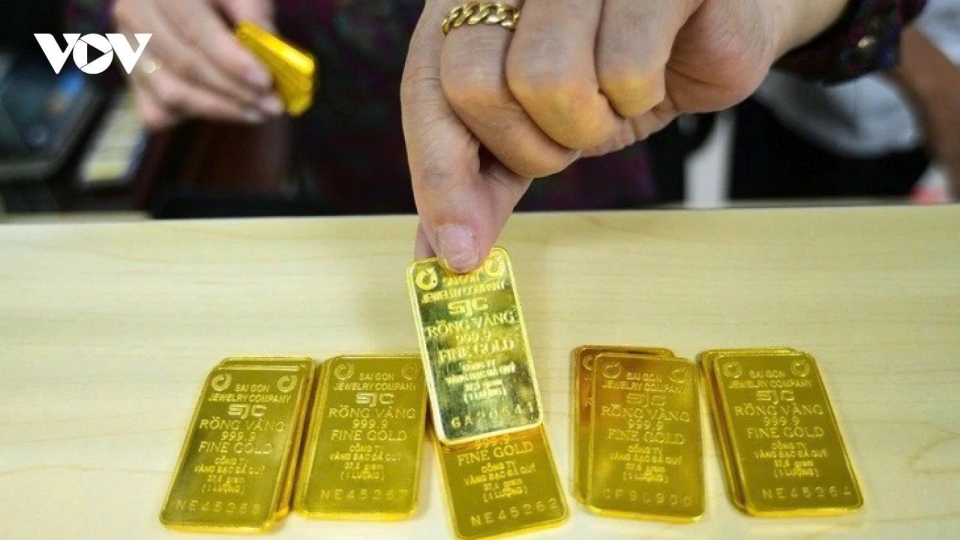State monopoly on gold production eliminated
Vietnam has officially removed the state monopoly on gold bullion production, marking a significant shift in the country’s gold market dynamics.

On August 26, the Government issued Decree 232/2025/ND-CP, repealing Clause 3, Article 4 of Decree 24, thereby eliminating the state monopoly on gold bullion production, raw gold exports, and raw gold imports for bullion production.
Accordingly, the decree regulates gold trading activities, including the production and processing of gold jewellery and art, trading of gold jewellery and art, production of gold bullion, trading of gold bullion, export and import of gold, as well as other gold trading activities such as account-based gold trading and gold derivatives.
The decree also revises the definition of gold bullion. Gold bullion is now defined as a gold product stamped into bars, marked with weight and quality, and bearing the trademark of enterprises and commercial banks authorised by the State Bank of Vietnam (SBV) to produce it.
Additionally, the SBV will organise gold bullion production during specific periods.
To align with the operational scope of commercial banks under the Law on Credit Institutions, the term “credit institution” has been replaced with “commercial bank.” This restricts gold bullion production and export/import activities to commercial banks only, excluding other types of credit institutions.
The decree also amends Clause 6, Article 4, stipulating that gold bullion production is a conditional business activity requiring a licence from the SBV. This amendment shifts the framework from a monopoly to a licensing system.
Payment regulations
The decree introduces new rules on payments for gold transactions.
Any gold purchase or sale worth VND20 million (US$758.58) or more per day must be made via the customer’s payment account and the account of the gold trading enterprise at a commercial bank or foreign bank branch.
This provision ensures customer information verification while avoiding additional obligations, as verification is already completed when accounts are opened and used. The regulation aims to enhance transparency in gold trading.
In addition, Decree 232 sets out the responsibilities of enterprises involved in gold jewellery and art production. When selling raw gold purchased from businesses, commercial banks specified in Article 11a must issue and use electronic invoices as required by law, properly store transaction data for raw gold sales, and connect with the SBV to provide information as requested by the SBV Governor.
These additions underscore the responsibility of enterprises in ensuring transparency and control in raw gold trading.
On the market, SJC gold bars were quoted at VND125.7 million per tael for sellers and VND127.7 million for buyers on August 26, the highest prices in history.



